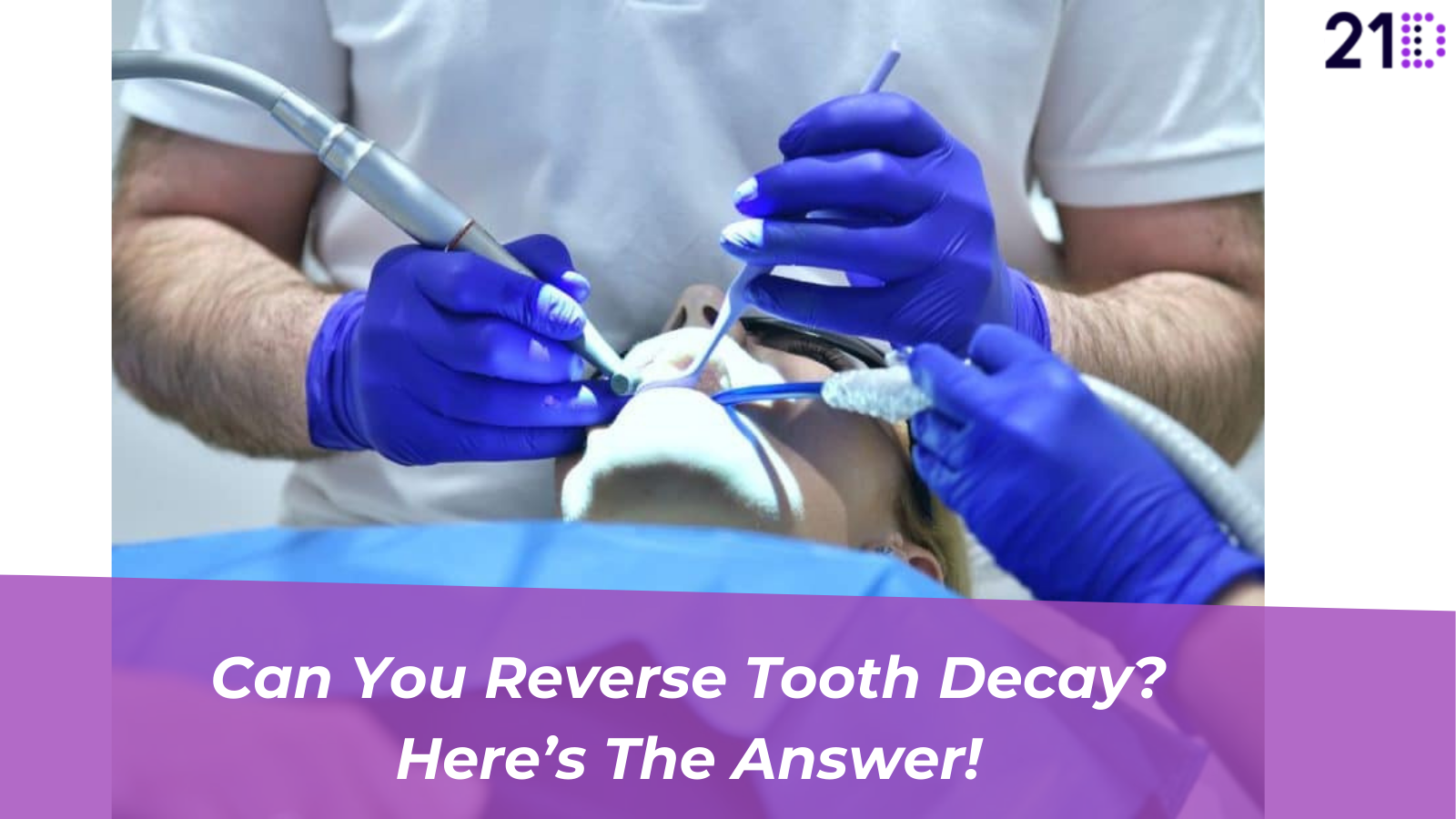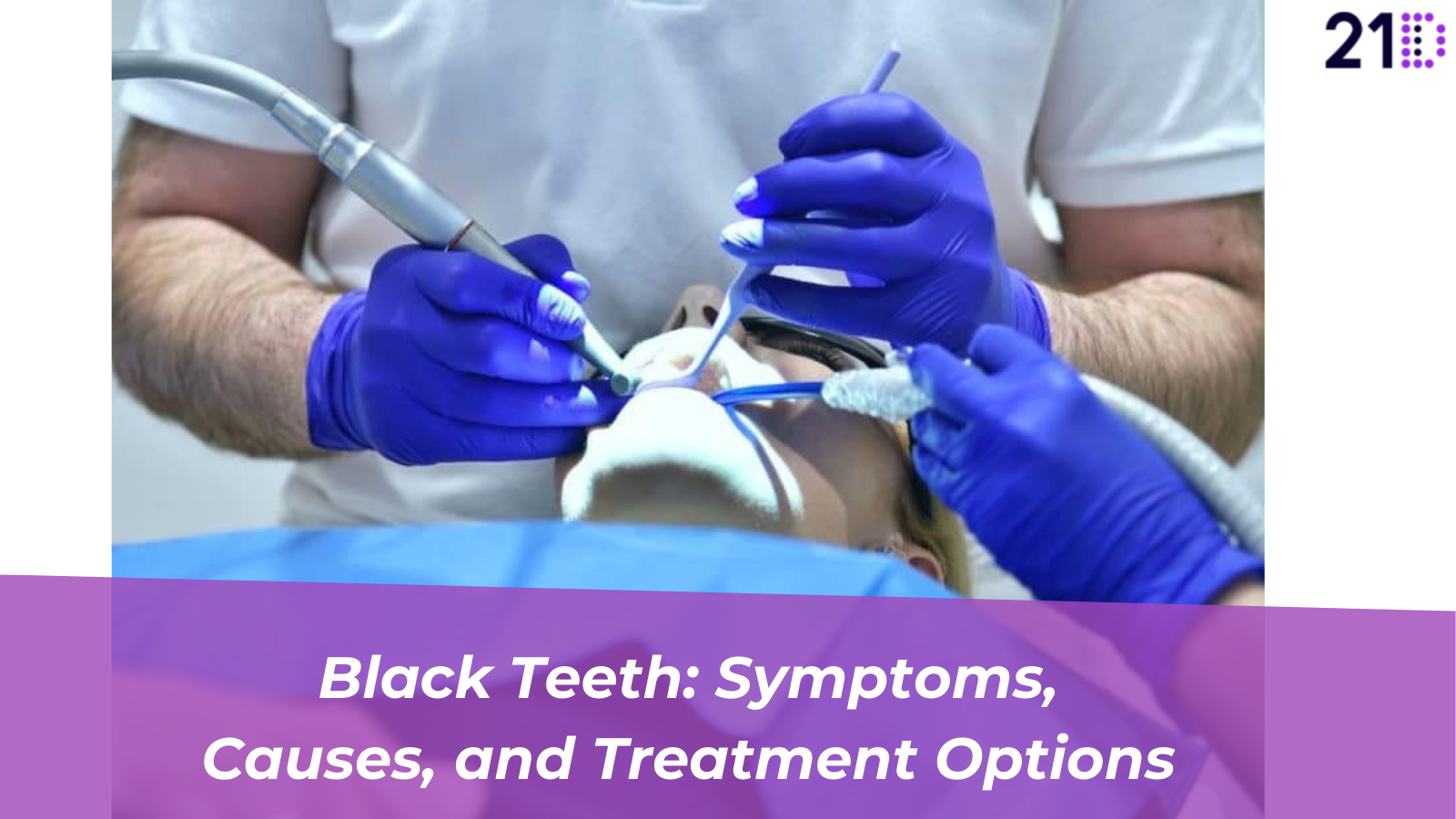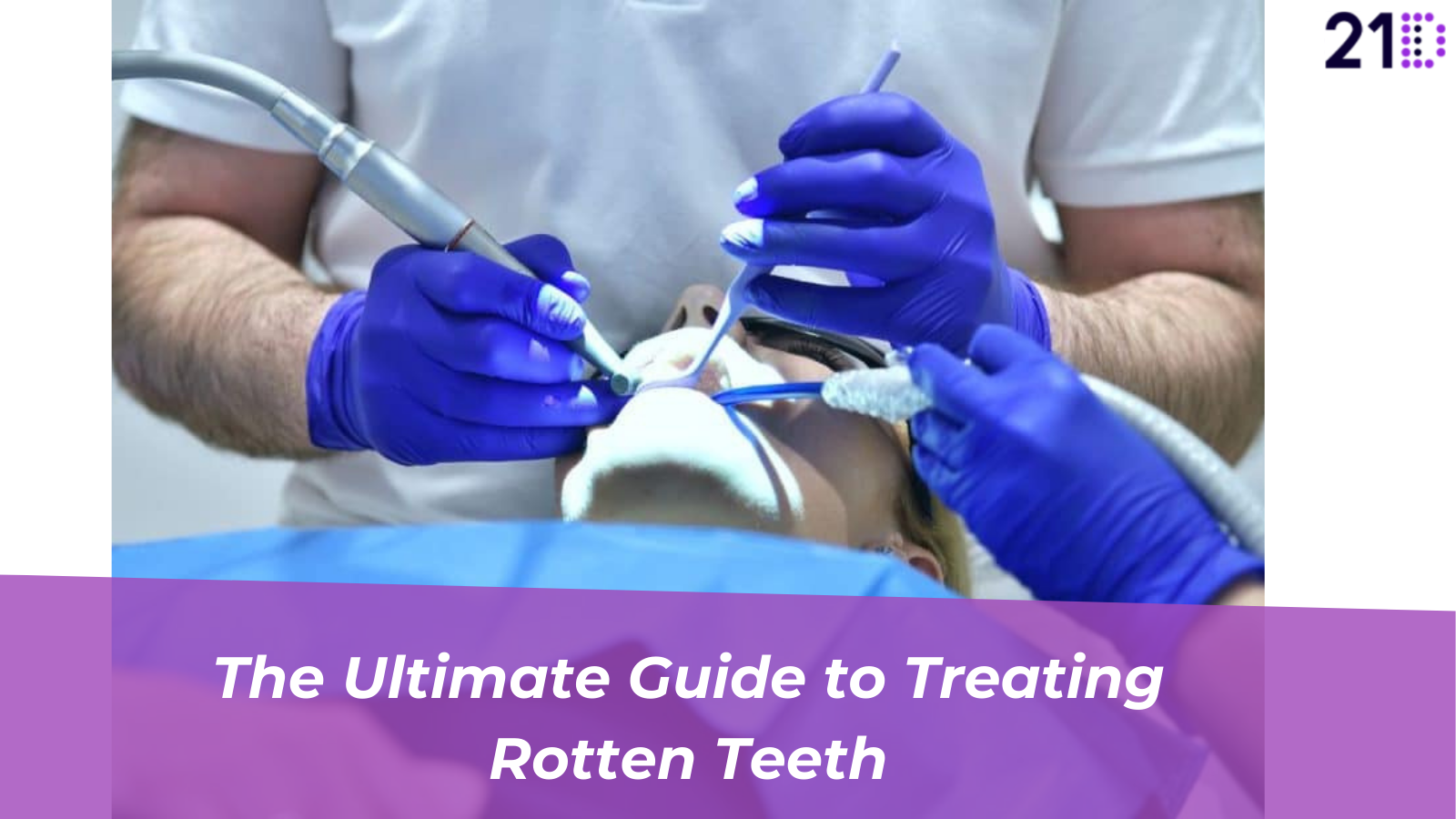Choosing the proper tooth restoration can be a daunting task. Implants are the right solution for patients looking for permanent, long-term tooth restoration. All on 4 and All on 6 dental implants are the most commonly recommended options to improve teeth’ functionality and aesthetics.
However, it can be challenging to understand the difference between the two. This article provides a natural solution to help you understand these dental implant types for the best prognosis. It gives insight into the difference between all on 4 and all on 6 implants, enabling you to make informed decisions about your dental care.
What Are All-On-4 Dental Implants?
Dental implants have helped people across the world to regain their lost smile. They provide the most durable, functional, and aesthetic replacement solution for lost teeth. All-on-4 dental implants involve the placement of dental implants into the jaw bone, and it works in the following way:
Foundation therapy: Dental implants are placed into the jaw through surgery. They act as foundational pillars for a full Dental bridge or denture.
Placement: Implants are placed at the front part of the mouth, and two are angled in the back. This maximises the usage of the existing bond and does not need any additional bone grafting procedures.
So, are you ready to begin your path toward a brighter smile? Book your complimentary consultation at 21D today!
What Are All-On-6 Dental Implants?
All 6 dental implants are very closely related to all 4 systems. It is achieved through the following process:
- Foundational theory: In this procedure, six dental implants are used as structural support for a full Dental bridge or overdenture.
- Placement: implants are distributed more evenly across the jaw bone, offering a broader support base for the restoration. This implant support is helpful in individuals with more extensive bone loss.
- Advantages: Due to the increased number of implant Placements, all 6 dental implants provide more stability and strength. These six implants can accommodate a broad range of Dental restorations.
So, if you are looking for a perfect clinic to get your All on 6 dental implants done at a pocket-friendly cost, then book a free consultation at 21D today.
On 4 Dental Implants Vs On 6 Dental Implants: The Difference
All on 4 and on-6 dental implants are the commonly used dental implant techniques for full mouth restoration. Four or six dental implants serve as the foundation support for restoring the entire arch of teeth. Choosing 4 implants or 6 implants depends on various factors and patient requirements. The difference between these two types of implant placement includes :
Number of implants and distribution
All on 4
- It uses four implants for restoration.
- These are placed vertically in the front of the mouth, while the other two are angled at the back region. This configuration helps to use the available bone strength.
All on 6
- All on 6 dental implants use six implants for restoration
- Implants are evenly distributed, providing broad support and accommodating a wide range of dental restoration.
Duration and complexity of the procedure
All on 4
- Due to fewer implants, the surgical procedure will be slightly more straightforward and quicker.
- Immediate placement of implants or temporary prostheses is placed on the same day.
All on 6
- With an increased number of six implants, the procedure will be longer and require more planning.
- Placing six implants is a complex procedure but will provide more stability in the long run.
Bone volume and quantity requirements
All on 4
- This technique is designed for patients with lower bone density or volume.
- The angle back implants use existing bone and avoid needing bone grafts.
All on 6
- The placement of six implants requires better quality and volume of the bone due to the placement of more implants.
- This technique is suitable for patients with extensive bone loss, and they often require expensive distribution and more implant support.
Decision Table: All on 4 vs All on 6
Here’s a comparison table to help you make an informed decision:
| Criteria | All on 4 | All on 6 |
| Bone Volume | All on 4 is done in patients with limited bone volume | All on 6 implant procedures are done in patients with good bone quality |
| Cost | Dental implants reduce the cost, and the procedure is generally more cost-effective. | Due to the increase in implant placements, the procedure is often more expensive than all four. |
| Stability | All-on-4 implant placement is excellent for the lower jaw | Six implants are placed especially for the upper jaw, providing superior support and stability |
| Treatment Duration | Implant placement is a quick procedure | The placement of six implants might take a longer time |
| Redundancy | All on 4 have limited redundancy | The six implants provide better support even if one implant fails |
Benefits Of All-On-4 Dental Implants
All-on-4 earned for dental implant technique requires placement of four titanium screws into the jaw bone. This procedure often gives excellent results, and the benefits of all dental implant techniques are
Complete Smile Restoration
All 4 Dental implant restorations help restore the smile aesthetics, preserve the facial structure muscle and help to give natural-looking and functioning teeth.
Enhanced Eating
These implants provide greater strength and durability and help improve eating ability. The placement of implants gives enough bond support and allows one to enjoy all their favourite meals without discomfort.
Single Treatment
This technique is a relatively shorter procedure where all 4 implants are placed on the same day, saving time and providing results faster.
Reduced To Need For Bone Graft
In patients with reduced bone support, bone grafts are used to gain more strength. All-on 4 dental implant techniques reduce the need for bone grafts, making the implant process more accessible and reducing healing time.
Long-lasting Solution
All 4 dental implants of the permanent dental solution provide strong support for full arch prosthesis.
Affordability
Placing implants makes them more affordable and accessible, ensuring cost-effective dental care.
Unmatched Strength
All-on 4 dental implants offer proper support for upper and lower tooth replacement. It gives a natural look and shape of teeth, appearing as emerging from the gums. This procedure provides long-term reliability.
Benefits Of All-On-6 Dental Implants
All-on-6 dental implants required the replacement of six implants at various positions in the upper and lower jaw. The benefits of all-on-6 dental implants include
Extra Stability
Increased implant placements can result in extra strength and stability for some patients. Considering the conditions of the mouth, gums, and jaw, it is determined whether the patient will be best served with additional implants.
Enhanced Jaw Support
The placement of an additional two implants in all on 6 dental implants stimulates the jaw bone and increases bond density. This prevents bone loss over the long term. Placing six implants provides extra assurance for the patients and ensures the teeth replacement remains solid and secure for years.
All on 4 vs All on 6: Which One To Choose?
While considering full-mouth dental implant treatment, choosing all-on-4 or all-on-6 depends on various factors. The critical considerations before making the choice include the following.
Evaluation Of Bone Density
Bone density should be assessed before determining which implant system suits the patient. Detailed examination of bone health and volume is necessary. All-on-4 can be more suitable with a lower bone density, whereas six requires enough bone Health.
Financial Implications
Both systems require investment in one’s dental health treatment and overall well-being. Considering the cost of a factor of six requires higher expenses due to more implants and potentially longer treatment duration.
Long-Term Benefits
Short-term results can excite you, but considering the long maintenance and potential future implications, choose the type of dental implant wisely. The ultimate goal of dental implants is permanent, long-term solutions.
Specialist Consultation
Get into a detailed consultation with a dental implant specialist. The doctor can offer personalised suggestions based on the oral health of the patient and expectations and lifestyle requirements.
Patient Testimonials and Reviews
Listening to those who have undergone a procedure can provide valuable insights. Reaching out to patients who have experienced these treatments can give valuable reviews to those who wish to take them.
Aesthetics and Functionality
Both dental implant systems aim to make the tooth look and work better. There might be slide variations in the design and types of placement of the teeth. But consideration should be given to how the tooth looks. Do you want it to look natural, or need to eat a particular food?
Post-Operative Care and Maintenance
Both implant placement systems require good care of the teeth after the surgery and regular dentist visits. Understanding what you must do to keep your teeth and implants healthy long-term is essential.
Aftercare For Both All on 4 and All on 6 Dental Implants
Maintenance and aftercare after dental implant placement are paramount to ensure longevity and overall oral health. Both all-on-4 and all-on-6 implants require specific care routines to ensure their longevity.
Daily Care Routines
- Brushing: Use a soft bristle brush and brush the implants like natural teeth. Consider using a non-abrasive toothpaste to avoid scratches on the prosthetic teeth.
- Flossing: Floss flossing helps remove remaining debris that cannot be claimed with the help of a toothbrush. Special implant floss or internal brushes are ideal for cleaning the abutments and hard-to-reach areas.
- Mouthwash: Using an alcohol-free mouthwash helps to reduce bacterial growth without harming the implant surface
Regular Dental Checkup
Both types of implant systems require regular jungle checkups to ensure their durability
- professional cleaning: Every six months, ensure to get a professional cleaning to allow the removal of any hidden plaque or potential tartar buildup around the implant
- Annual X-ray: Annual X-rays help monitor bone support and ensure enough bone support to help stay strong. They can help detect any potential issues as soon as possible.
Potential complications and solution
While both implant systems have higher success rates, the patient should be aware of the potential complications so that it can help in early detection and resolution.
- Loose implants: An implant might become loose over time for various reasons. Addressing the issue at the earliest ensures the longevity of the implant.
- Infections: The signs of infections include redness, swelling, or falls and discomfort that require immediate consultation.
- Wear and tear: regular dental checkups help ensure the dental implants are strong and healthy and detect timely regularities and replacement of any worn-out prosthesis.
Why Choose 21D For All on 4 and All on 6 Dental Implants?
While considering the UK’s dental implant treatments, the cost and benefits options 21D offer dental implants for all-on-4 and all-on-6 dental implants at a meagre cost. Here is why 21D stands out:
Simplified process
21D makes it easy for the patient by streamlining the clinical steps. These simplified procedures ensure a smooth experience and better long-term results.
Safety first
With the precise 21D guide, the implant procedures are done considering safety priority, and it offers the patients peace of mind and accuracy with sub hundred microns.
Faster Results
21D promises to deliver dental implants in a speedier piece with one surgical and three non-surgical appointments. This can bring new smiles effectively without compromising on quality.
Affordable quality
21D gives excellent quality at affordable prices, which simplifies the process and, at the same time, provides top-notch care to the population.
Balanced approach
21D also results in a perfect balance between surgical and prosthetic considerations within the price range. This can result in a balance between the outcome and makes it better than other restorative options.
Cutting edge innovation
21D offers an advanced dental implant solution globally. The computer-guided system can improve the procedure with experienced implantologists giving teeth similar to that of a natural Tooth. The long-term prognosis gives 99% results.
Conclusion
Dental implant placement is a transformative process that helps patients regain their lost smile and functionality, improving overall well-being. The treatment plan for dental implants is designed by a dentist, considering the patient’s oral and overall health needs. Factors such as the number of required implants (usually 4 or 6) and the type of restoration are considered while deciding the treatment plan.
FAQs
- Which Type Of Implant System, All Four Or All On Six, Is More Affordable?
In an on-4 system that uses four implants, they are surgically inserted. It is more cost-effective than the six-implant system, which uses six implants. The final cost depends on various factors, including the individual’s general need for creation, the location, and the dentist’s expertise.
- What Are The Major Differences Between All-on-4 and All-on-6 Implant Systems?
All-on-4 uses four dental implants to support full-arch processes, while all-on-six implant systems use six implants, offering a more expansive support foundation. All on 6 is beneficial in patients with adequate bone support.
- How Much Does An Implant Cost In The UK?
Dental implants are titanium screws which are inserted into the jaw bone to provide support for the tooth restoration. The surgical implants, the components, and the crown can range from around £2700 to £4200 depending on factors like material process and number of implants selected.
- Which Implant System Is More Durable?
Both systems, like all-on-4 and all-on-6, are durable. In all-on-4 systems, four implants provide support, whereas in all 6 systems, two more implants are inserted to give slightly more stability. However, with proper care, both implant systems can last many years.
- Is It Possible To Switch From All- An- 4 To All-On- 6 Implant System Later?
Yes, it is possible because adding more implants gives stability and support. Additional implants can be placed with the help of surgeries and fabrication of new prostheses.
- How do you choose the right implant system for a complete mouth implant?
The choice between all-on-4 and all-on-6 should be made early after a thorough consultation with the dental implant specialist. A single factor does not decide it; multiple factors like oral health, individual needs, and bond density are considered to determine the correct implant system.




